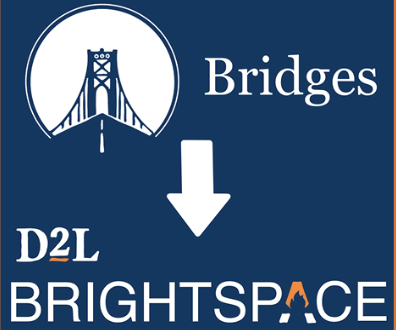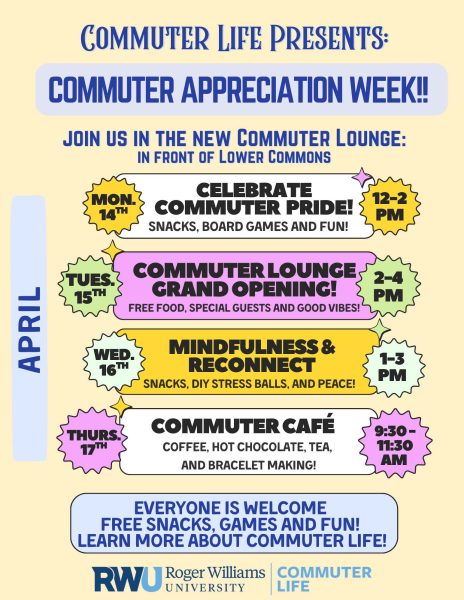ESL program sees low enrollment
The university’s English as a Second Language (ESL) Bridge Program has experienced a significant drop in enrollment, with just three students currently registered in program courses.
This decrease stems largely in part from restrictions placed on Saudi Arabia’s King Abdullah Scholarship Program (KASP), which funded many Saudi Arabian students in their RWU education.
According to Don Lee, associate professor of ESL and coordinator of the Bridge Program, this resulting decline in Saudi Arabian students at RWU is “not the only, but the main reason why the number of ESL students has decreased recently.”
Saudi Arabian students once comprised “80 to 90 percent” of students in the program, Lee said.
In the past, he added, the ESL Bridge Program reached an enrollment of as many as 45 students before dwindling to its current figure.
The three students currently enrolled in the class constitute approximately 15 percent of freshman international students, said Cassidy Hammond, assistant director of International Student Life.
In 2016, the Saudi Arabian government mandated that KASP recipients must study at either a top 100 globally ranked university, or in a program that is within the top 50 in its field in order to be eligible for funding. As a result, RWU has experienced a decrease in the number of Saudi Arabian students on campus.
While scholarship recipients who had enrolled at the university prior to these restrictions were allowed to complete their RWU education, these new limitations meant that no new students could enter the university through KASP.
However, the remaining ESL students in the Bridge Program continue to utilize the resource for academic support.
The ESL Bridge Program was created to support students who are not native speakers of English as they also complete other university course offerings.
“It gives [ESL students] that exposure to the U.S. classroom,” Hammond said. “Even as U.S. students when you’re going from high school to college, it’s a vast change in how the classroom setting is, and think about it coming from a culture that’s completely different.”
She continued, “I think the Bridge classes allow students that extra time to become accustomed and get some kind of experience that’s a little outside of the traditional classroom.”
The program is composed of three courses that meet Monday through Friday for 75 minutes each day: ELI 401: Academic Preparation (Listening/Speaking); ELI 402 – Advanced ESL Reading for Interdisciplinary Core; and ELI 403 – Advanced Composition. All Bridge Program students are required to take ELI 402 and 403, with 401 being optional.
In ELI 401, students focus on refining the language skills that are most instrumental to listening and participating in class. ELI 402 offers students additional support to supplement their Core classes, while ELI 403 serves as the Bridge Program’s equivalent of WTNG 100: Introduction to Academic Writing.
The Admissions Office continues to work to attract new students to the program through international recruiting trips.
“The university is putting resources into bringing international students,” Lee said. “It remains to be seen how things will go in the future, though.”




